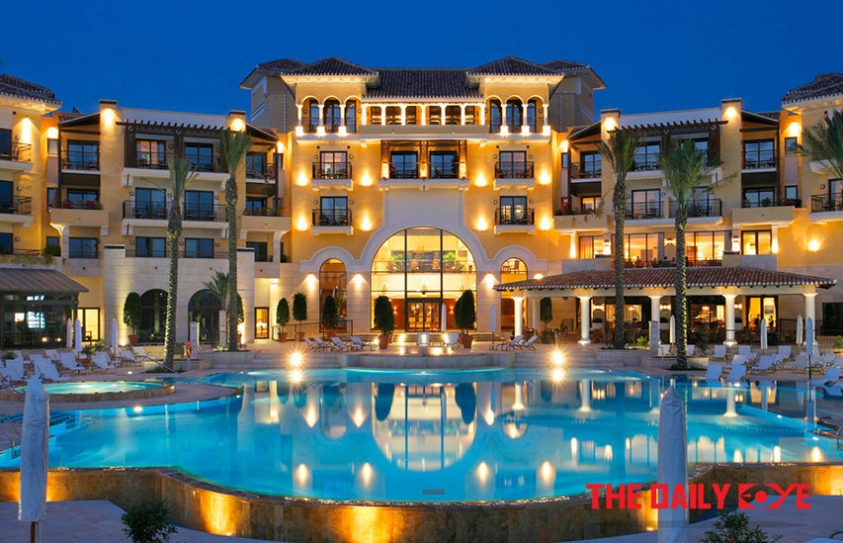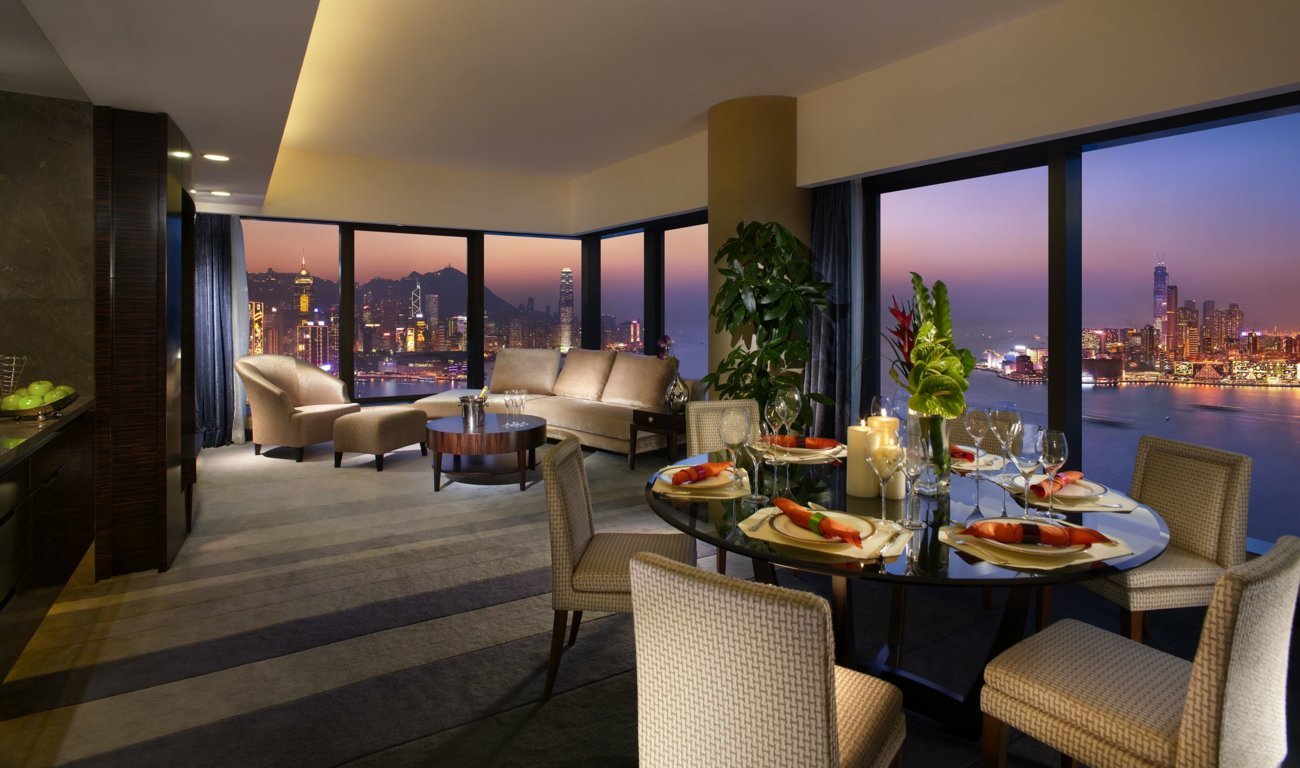
Hospitality Industry moving towards holistic Sustainable Development
by Yash Saboo November 15 2017, 6:23 pm Estimated Reading Time: 2 mins, 26 secsThe hospitality industry amounts to a large amount of energy consumption. They require a constant input of energy, water, and various supplies — food, toiletries, and amenities — in order to stay in business. Hotels consume energy for HVAC operations, lighting, fuel and other power needs. Water is used for bathrooms, F&B, and laundry, as well as other general operations (irrigation, cleaning and maintenance). Waste is generated by the disposal of paper, batteries and bulbs, furniture, equipment, appliances and more. And that means that they have a relatively high environmental impact.

Sustainable Development is the ability to sustain your business in the long-term with profits, environmental efficiency and social engagement working in tandem to create long-term development.
It’s more than simply jumping on the green bandwagon – changing a light bulb or two – it requires a holistic approach to business that incorporates these 3 key areas (people, planet, profit) to drive the company to long-term profitability.
The U.S. Green Building Council (USGBC) estimates hospitality’s annual footprint to total around $4 billion in energy use, 1.2 trillion gallons of water and millions of tons of waste. The global hotel sector, comprising some 175,000 hotels, offering 16.4 million rooms worldwide and generating revenue in the region of $550 billion last year, accounts for around 1 percent of global emissions, on its own.
Food waste, for example, has become a talking point in the hospitality industry amid growing interest in redistributing surplus food from hotel restaurants and convention centres to people in need. Red tape around food production and safety regulations has been a problem for years, keeping the volume of food redistributed unbelievably low, even when it was being gifted, not resold.
While hotel chains from Hilton to Marriott are upping their green efforts, it is the new eco-resorts that are grabbing headlines. Hollywood star Leonardo DiCaprio is aiming to create the ‘greenest luxury development ever built’, with the first Living Building Standard Restorative Island scheme at Blackadore Caye, off the coast of Belize. Whereas, over in UAE, the Oasis Eco Resort is laying claim to be the ‘world’s greenest’ in advance of its scheduled opening by ‘eco-minded entrepreneurs’ in 2020.
Other hotels all over the world have also started making changes. They have filled rooms with beds made of wood sourced from sustainably managed forests and environmentally friendly soaps, shower gels, shampoos, and cleaning products.
Inevitably, these numbers support the case for sustainable development. The United Nations has even named 2017 the year of sustainable tourism. “Sustainable development can only be achieved long-term if we manage to balance economic and social prosperity with environmental integrity,” says Franz Jenowein, Director, Global Sustainability Research, JLL.
While hotel groups have different priorities on sustainability, a new wave of innovative initiatives is sending a very positive eco-marketing message. Indeed, sustainable development in the hospitality sector is a market of increasing sophistication and rising significance.





-173X130.jpg)
-173X130.jpg)


-173X130.jpg)
-173X130.jpg)
-173X130.jpg)